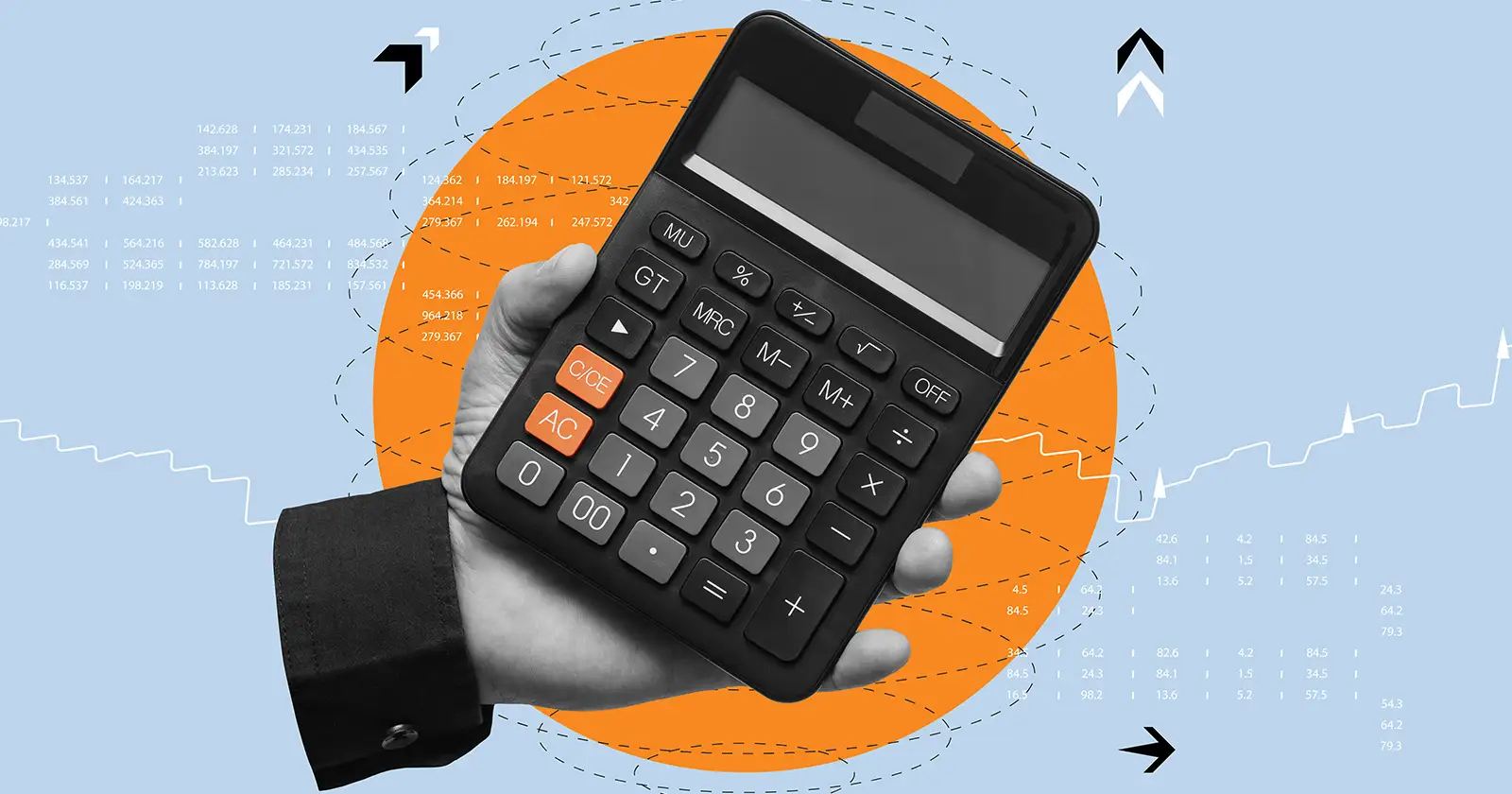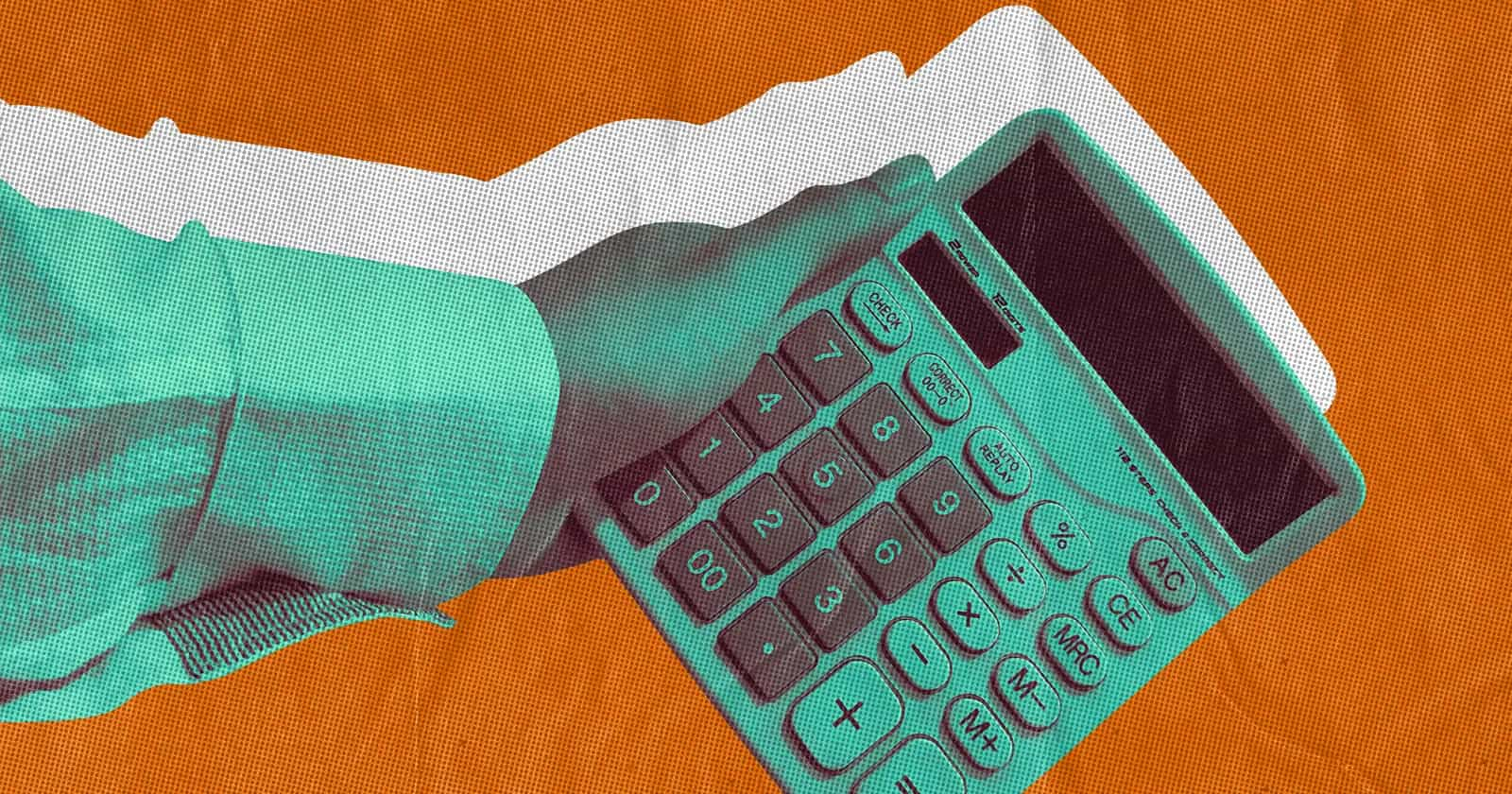{{rich-takeaway}}
In payroll, there’s no such thing as easy money.
It isn’t enough to know the fundamentals, no matter how complex they actually are. Good payroll professionals know all the nuances behind state reciprocity, de minimis fringe benefits, and the everyday horrors of paying California employees.
But great payroll professionals? They have something more to offer — intangibles that don’t just make them experts, but leaders.
Case in point: Shauna-Gaye Lewis, director of payroll and benefits at Brunswick Group, one of the world’s leading critical issues advisory firms. The secret ingredient to Shauna’s success is her prowess as an educator — like helping employees understand the “why” behind their paystub, or leading a new hire class through onboarding.
In that process, she may have discovered her own “why.”
We sat down with Shauna to talk about her professional origins, passion for teaching, and what she wishes people knew about payroll.
I'll jump right into it. Tell me a little bit about your start in payroll. Was it always part of the plan?
Anyone who says payroll was part of their plan — I’d love to meet that one percenter. No one leaves school wanting to be in payroll. I’m no different, I fell into it.
I majored in finance, earned a degree in HR with a minor in accounting, and loved both numbers and people. Numbers are absolute — one plus one isn’t subjective, unlike an essay that depends on a professor’s mood.
After graduating from Baruch, I interned in HR at Pfizer and thought, "I could see myself doing this." Then a recruiter reached out about a payroll job. I’d never considered it, but it combined my love for numbers with something new.
In a workplace full of uncertainty, payroll was absolute: you work 80 hours, you get paid.
I took a chance, and my manager was incredible — she sold me on payroll. It’s a thankless job; no one notices when it’s right, only when it’s wrong. But I loved the certainty of it. In a workplace full of uncertainty, payroll was absolute: you work 80 hours, you get paid. If there’s an issue, take it up with Uncle Sam. I started with weekly payroll, my baptism by fire, and two decades later, here I am.
So, what you're saying is...no regrets?
Exactly! I actually liked it. And honestly, payroll has a certain power. I always tell company new hires, “These first two weeks feel like boot camp, but selfishly, my onboarding session is the most important. Because no matter how much we love our jobs, we’re all here to get paid.” So I make it clear: I'm their friend.
And, of course, I joke that people should be nice to me. Payroll controls the checks! But don’t tell HR I said that. (Editor’s note: Oops.)
Lattice's mission is to make work meaningful. But meaning is also deeply personal. How do you find meaning in your job?
Payroll is people’s livelihood. As director of payroll and benefits, I oversee total compensation, which goes beyond just a paycheck. Many candidates focus on salary alone, but I love breaking down the full picture, showing them, “Yes, this other offer looks like $5K more, but our benefits add up to $15K in value.” Seeing them reach that “aha” moment is so fulfilling.
That’s my why: Helping people make informed decisions about their livelihoods.
Honestly, if I weren’t in payroll, I’d probably be a teacher — my husband says it all the time! And in a way, I already am. In new hire sessions, I break down benefits in a way that finally clicks for people. I’ve had employees tell me, “I’ve heard the word ‘copay’ for years but never actually understood it until now.” That’s my why: Helping people make informed decisions about their livelihoods.
And on tough days, I revisit my “happy folder” — emails from people who’ve thanked me. It’s my reminder that what I do truly matters.
Payroll is high stakes. When employees have tough questions about their paychecks, how do you handle that pressure?
It all comes down to livelihoods — when people think their paycheck is off, payroll is the first to blame. Every January, I get the same emails: “Why is my paycheck lower than December?” I literally have a pre-drafted email explaining Social Security taxes. I post it every year, but I know the emails are coming, so I have it ready.
I also reassure them: “You’re not alone, this happens to so many people.” And nothing beats a well-placed IRS hyperlink — proof that it’s not just me saying it! Finally, I always leave the door open: “Let me know if you have any other questions, happy to help!” More often than not, I get a “Thank you, Shauna-Gaye, this was so helpful!” And that’s when I think, “Mission accomplished. Next caller!”
People often undervalue what they don't understand. Have you ever felt undervalued in your role? What keeps you motivated?
Even in HR, people assume payroll is just dividing salaries by 24 and pressing a big red button. But there’s so much happening behind the scenes — vetting, verifying, adapting to ever-changing laws, and making sure no one gets blindsided when their paycheck changes.
I tell people that payroll is like a duck — calm on the surface, but paddling like crazy underneath. Year-end and year-start are the worst. W-2 audits, system glitches. It’s relentless.
What keeps me going? Teaching, definitely. But also, knowing how vital this job is. Everyone depends on payroll. On payday, they see a deposit in their account. But I know what it took to make that happen. And when I get my own direct deposit notification? That’s my little moment of satisfaction. It’s a reminder that this work matters.
Real talk, what’s driving you nuts right now?
W-2Cs. They are the bane of my existence. No matter how much we try to be proactive — quarterly emails, running reports to track address changes — someone always forgets to update their information.
{{rich-highlight-1}}
For example, people move and don’t tell us. Then come tax season, their W-2s go to the wrong address, and suddenly we’re doing corrections. Worse, if they switch states mid-year, we’re dealing with prior quarter adjustments, or if it’s after year-end — boom, W-2Cs.
And don’t even get me started on name changes. Someone gets married, then divorced, forgets to update their beneficiary, and now we’re in legal disputes. It’s such a simple thing: Just update your info! But employees don’t take it seriously until it’s a problem.
If I could line everyone up and just say, if you moved, tell us! — it would save so much pain. And if you moved to California? Forget it. That’s a whole other nightmare.
Are there exciting innovations in payroll that have you pumped? How do you feel about AI?
Oh, I’m definitely excited about where payroll is now. Andy, I do not say this lightly: In my two decades in payroll, I remember using Lotus. Some people hear that and go, "What’s Lotus?" And I’m like, "Oh no, I just dated myself."
I remember having to call ADP on the phone to submit payroll. And even W-2Cs, those used to be a nightmare with endless Excel sheets and back-and-forth emails. Now, I can correct things right in my system with just a few clicks. That’s real progress.
We do not just press a big red button to process payroll.
But AI? I’d be lying if I said I wasn’t worried. If a system can just do a W-2C correction instantly, then…why would you need me? As much as I joke about the frustrations of payroll, I also know that AI is coming for a lot of jobs — not just payroll. So yeah, I do worry. What will this profession look like in 10 years? Will it even be a profession?
Last question: Is there a myth you'd like to dispel or something on your mind? The mic is yours.
Oh, Andy, I’ve said it a gazillion times, but let me say it one more: We do not just press a big red button to process payroll. I promise you, there’s no magic button. Behind the scenes, we’re dealing with new hires, terminations, and tax changes. And I know from experience, because for a long time, I was doing payroll all by myself. People thought I was crazy, and maybe I was, but I made it work — even planning my vacations around payroll. (My husband? Not thrilled about that.) But I did it because I care. I wanted it done right.
Kindness and grace go such a long way. Everyone is battling something.
So, if you see your payroll folks, just give them a quick, "Hey, I got paid today, thank you!" It really goes a long way. People tend to reach out when something’s wrong, but a little appreciation makes a big difference.
And on a bigger note, because I guess I’m getting a little preachy here: I just think kindness and grace go such a long way. Everyone is battling something. I’ve had emails come in where the person is blaming me for something I had nothing to do with. But I take a breath, write my response (sometimes rewrite), and keep it professional. And wouldn’t you know it? Some of those same people, who started off hot, are now the friendliest when we pass in the hall.
So just take a second, count to 10, and extend a little grace. You never know how much of a difference it makes.
{{rich-highlight-2}}
🙋What’s a Form W-2C?
A Form W-2C (Corrected Wage and Tax Statement) is a form used to correct errors on a previously issued W-2 form. Employers must issue a W-2C when they discover mistakes such as incorrect earnings, Social Security wages, Medicare wages, or tax withholdings.
💬 Join the Resources for Humans community.
To connect with other HR and payroll leaders, sign up for our 23,000+ strong Slack community, Resources for Humans.
Payroll deserves its place at center stage. No Withholdings celebrates payroll’s unsung heroes and gives them a platform to speak their minds. So listen up — and come payday, give thanks. 💚




.webp)



